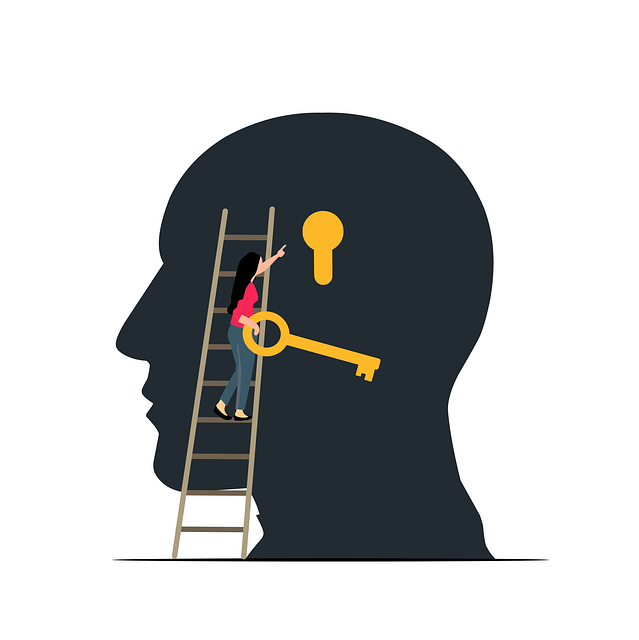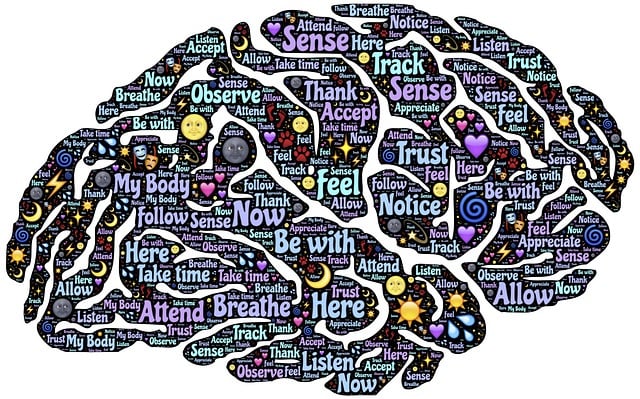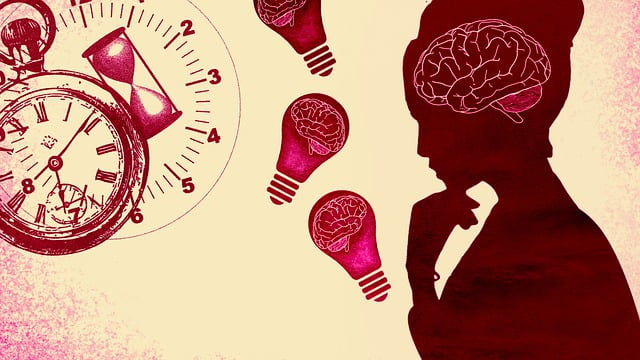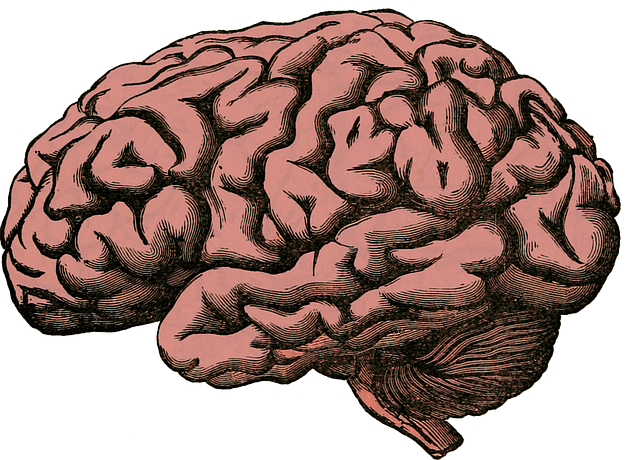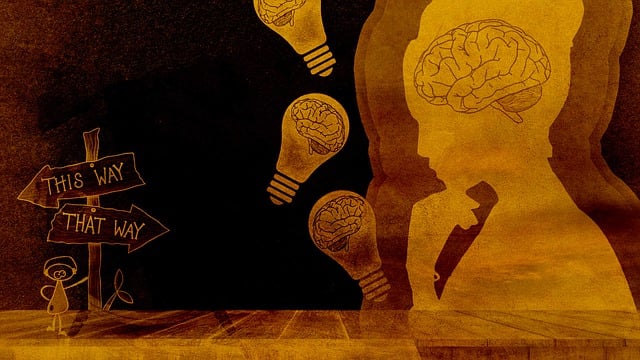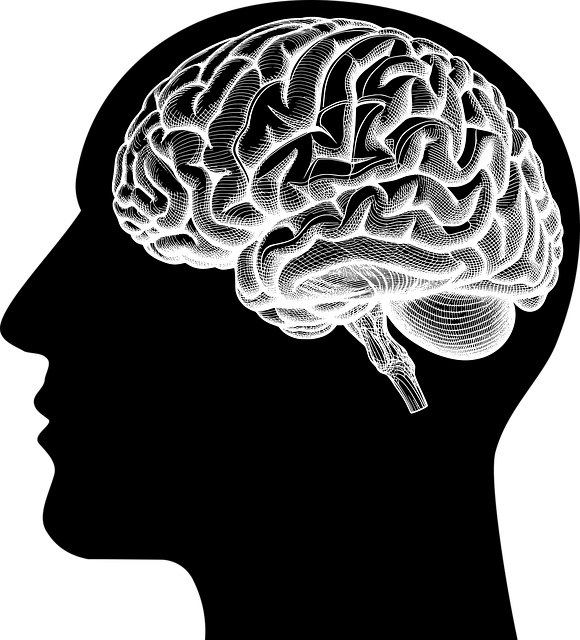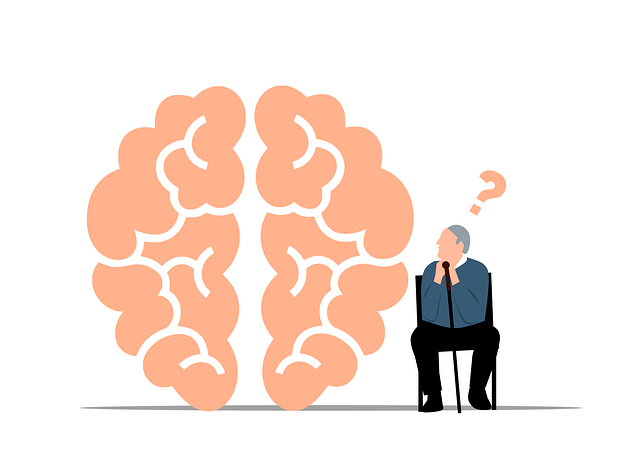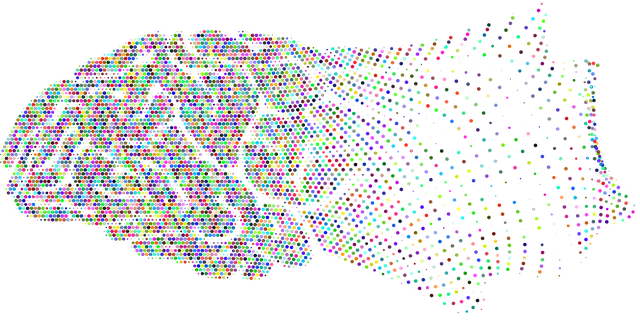Emotional Intelligence (EI) is a vital skill for youth, enhanced through early intervention like Eye Movement Desensitization and Reprocessing (EMDR) therapy. Play therapy integrated with EMDR techniques empowers young children to process trauma and develop EI skills crucial for social development. EMDR uses bilateral stimulation to reprocess traumatic events, fostering positive thinking and emotional resilience in kids. Teaching EI involves self-regulation practices at home, open discussions about emotions, and mindfulness. Certified therapists play a key role in helping traumatized children build resilient coping mechanisms through EMDR, promoting their emotional well-being.
Emotional intelligence (EI) is a cornerstone of healthy development for young minds. This article explores various strategies and therapeutic approaches designed to build EI in children, focusing on play therapy, Eye Movement Desensitization and Reprocessing (EMDR), and practical tips for parents. We delve into how these methods foster self-regulation, emotional awareness, and resilient coping mechanisms, ultimately empowering children with skills that serve them throughout life, especially when navigating challenging experiences with the help of EMDR-certified therapists.
- Understanding Emotional Intelligence: A Foundation for Young Minds
- The Role of Play Therapy in Nurturing Emotional Awareness
- EMDR and Its Impact on Processing Traumatic Memories
- Practical Strategies for Parents: Fostering Self-Regulation at Home
- Building Resilient Coping Mechanisms: Empowering Children for Life
Understanding Emotional Intelligence: A Foundation for Young Minds

Emotional intelligence (EI) is a vital skill set for young minds navigating an increasingly complex world. At its core, EI involves recognizing, understanding, and managing one’s own emotions, as well as empathizing with and responding appropriately to the feelings of others. This foundational capability isn’t just about feeling emotions; it’s about using them effectively to foster healthy relationships, make sound decisions, and navigate challenges.
Early intervention is key in developing EI, especially for young children. Therapy for Young Children that incorporates techniques like EMDR (Eye Movement Desensitization and Reprocessing) can play a pivotal role in enhancing emotional intelligence. By helping children process traumatic experiences and emotions, these therapies enable them to develop compassion cultivation practices early on. As public awareness campaigns continue to shed light on mental health issues, fostering emotional intelligence becomes not just beneficial but essential for the holistic development of young individuals.
The Role of Play Therapy in Nurturing Emotional Awareness

Play therapy is a powerful tool for nurturing emotional awareness in young children. Through imaginative play, kids can express their feelings and explore different emotions in a safe and controlled environment. This approach, often integrated with EMDR (Eye Movement Desensitization and Reprocessing) techniques, helps children process traumatic experiences while fostering positive thinking and stress reduction methods. By encouraging creative expression, play therapy enables youngsters to develop self-awareness and emotional regulation skills crucial for their social development.
Incorporating social skills training into play sessions further enhances the therapeutic effect. Children learn to interact with peers, understand body language, and practice empathy—all essential components of healthy emotional intelligence. The certified therapists who facilitate these sessions create a nurturing atmosphere where young minds can thrive, ultimately preparing them for more complex social interactions as they grow older.
EMDR and Its Impact on Processing Traumatic Memories

EMDR (Eye Movement Desensitization and Reprocessing) has emerged as a powerful therapy for young children who have experienced trauma. This approach is particularly effective in helping kids process and overcome distressing memories, which can significantly impact their emotional well-being. By using side-to-side eye movements or other bilateral stimulation techniques, EMDR certified therapists guide young clients through a process that facilitates the reprocessing of traumatic events.
This therapy encourages positive thinking and can play a crucial role in depression prevention by helping children reframe negative memories and associated emotions. Moreover, it boosts confidence by empowering them to manage their emotional responses and gradually regain control over their lives. EMDR’s ability to assist children in overcoming past traumas offers hope for a brighter, healthier future filled with resilience and emotional intelligence.
Practical Strategies for Parents: Fostering Self-Regulation at Home

Teaching young children emotional intelligence (EI) is a vital task for parents, as it empowers them to navigate their feelings and interactions effectively. One key aspect of EI development is self-regulation, which can be fostered at home through practical strategies. Parents can start by creating a calm and structured environment, setting clear boundaries, and consistently reinforcing positive behaviors. Incorporating regular routines and providing opportunities for physical activity helps children manage stress and release excess energy, promoting better emotional control.
Additionally, engaging in open conversations about emotions allows kids to develop vocabulary and understanding of their feelings. Practicing mindfulness techniques like deep breathing or mindful listening can enhance self-awareness and provide tools for anxiety relief and depression prevention. For instance, an EMDR (Eye Movement Desensitization and Reprocessing) certified therapist can offer valuable guidance on using this approach to help children process traumatic memories and develop coping skills. By implementing these strategies, parents play a crucial role in nurturing their child’s emotional intelligence from an early age.
Building Resilient Coping Mechanisms: Empowering Children for Life

Building resilient coping mechanisms is an essential part of emotional intelligence development in young children. Through therapy for young children that incorporates techniques like EMDR (Eye Movement Desensitization and Reprocessing), certified therapists can help kids process traumatic experiences and develop healthy ways to cope with stress and emotions. This early intervention empowers children with skills that will serve them throughout their lives, fostering resilience and adaptability.
Self-awareness exercises are a key component of this process. By teaching young minds to recognize and understand their feelings, therapists enable them to develop self-care practices that prevent burnout, especially important in the case of healthcare providers’ children. Burnout prevention strategies for healthcare providers can be extended to these young individuals, promoting not only their emotional well-being but also their ability to navigate life’s challenges with grace and resilience.
Emotional intelligence is a vital skill set for young minds to thrive in today’s complex world. By combining therapeutic approaches like play therapy and EMDR, certified professionals can effectively nurture emotional awareness and resilience in children. The strategies outlined, including practical techniques for parents, provide a comprehensive toolkit to foster self-regulation and build resilient coping mechanisms. Investing in these tools empowers children to navigate life’s challenges with adaptability and emotional strength.
